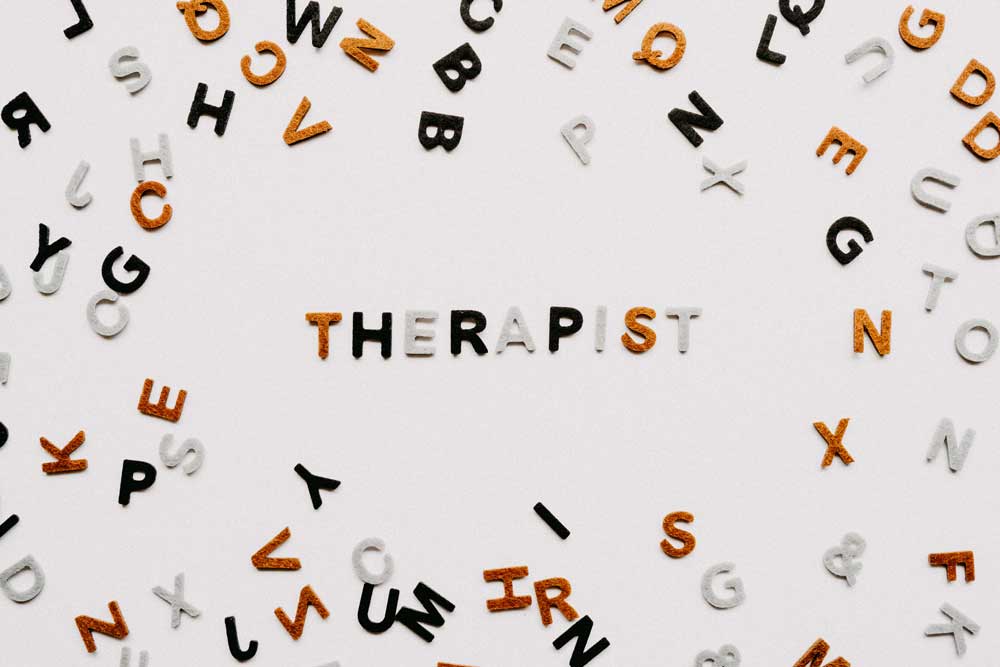Coming to terms with a late-in-life ADHD diagnosis can be a profound and emotional journey. Whilst ADHD is a neurodevelopmental condition, many people receive their ADHD diagnosis later in their adult life. A late life diagnosis often triggers a complex emotional response, including grief. Understanding why grief arises, accepting its normalcy, and exploring how grief counselling online or in person can help, is an important step on the journey to embracing life with ADHD.
Grief in the Wake of a Late ADHD Diagnosis
Grief might seem like an odd reaction to an ADHD diagnosis, but when we delve into the emotions that often accompany life-altering news, it begins to make sense. Many individuals experience a whirlwind of emotions ranging from relief and validation to anger, frustration, and a profound sense of loss. This loss can be multifaceted – the loss of opportunities, the loss of the life that could have been, the loss of a “neurotypical” identity, and the loss of time spent struggling without a proper understanding of oneself.
Suddenly, many pieces of the puzzle start to fall into place, but this newfound clarity can also illuminate the years of challenges and missed connections. This complex mix of emotions can give rise to a grieving process that is a testament to the profound impact an ADHD diagnosis can have on an individual’s life.

Validating the Grief: Normalising Emotions Post-Diagnosis
It’s essential to recognise that this experience of grief is entirely valid. It’s not an overreaction or an attempt to undermine the potential positive aspects of an ADHD diagnosis. Instead, it’s a necessary emotional journey that allows individuals to come to terms with their past, embrace their present, and plan for their future.
Moreover, this grief isn’t something to be swept aside or hurriedly resolved. It’s a process that requires time, patience, and understanding. Accepting grief as a normal response to an ADHD diagnosis is the first step in the journey towards embracing the diagnosis and moving forward with resilience and strength.

The Role of Counselling and Therapy in Processing ADHD Diagnosis Grief
Counsellors and therapists skilled and experienced in both grief and ADHD can provide an invaluable lifeline during the emotional upheaval which often comes with a late life diagnosis. A safe and trusted space where individuals can explore their sadness without judgment, paves the way for healing and identity integration.
- Resource Therapy: provides the emotional processing required to integrate the past with the present and address the confusion, sadness and grief.
- Mindfulness-Based Therapy: Mindfulness techniques can assist in grounding individuals, increasing self-awareness, fostering self-compassion and self-acceptance.
Empowerment and Moving Forward
As the journey through grief progresses, a transformation occurs. What initially felt like an overwhelming emotional tidal wave becomes an opportunity for empowerment. Individuals learn to integrate their ADHD into their identity, understanding that it’s just one facet of their complex selves.
The acceptance of an ADHD diagnosis doesn’t mean giving in to limitations; instead, it opens doors and provides an opportunity for a person to grow into their unique self. With the support of counselling and therapy, this transition can be navigated with confidence and a sense of purpose.
Book Your Free 15-Minute Consult
The path to healing, acceptance, and personal growth starts with a single step. If you’re struggling with grief following an ADHD diagnosis, book a free 15-minute consultation to find out how we can help
Disclaimer: This article is for informational purposes only and should not be considered a substitute for professional medical or psychological advice.




